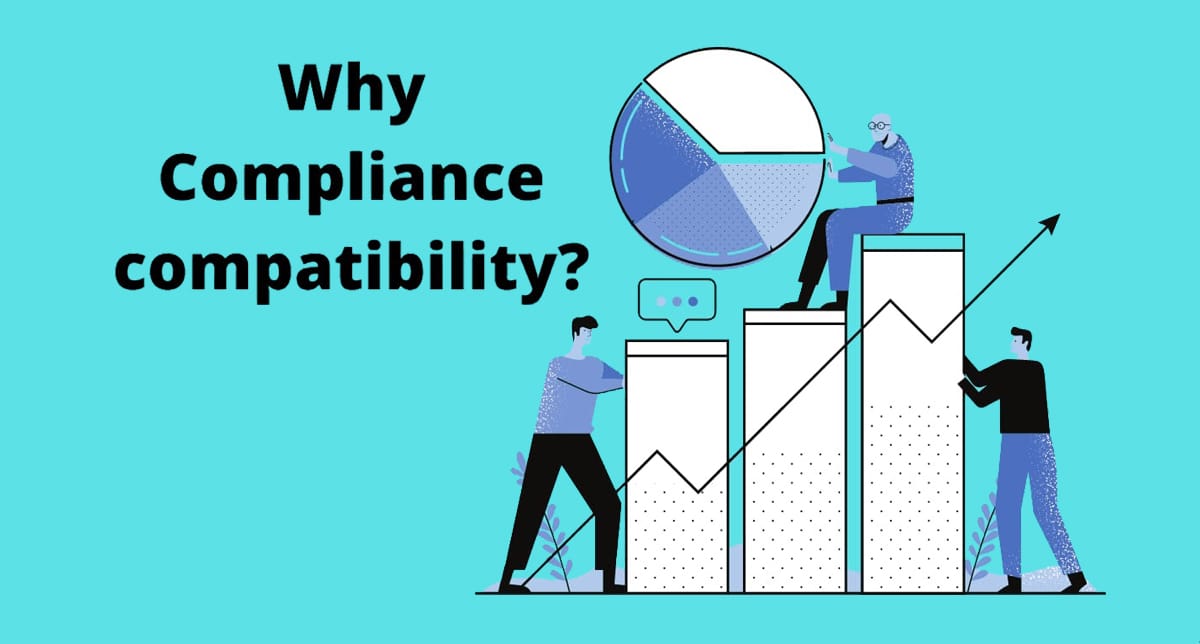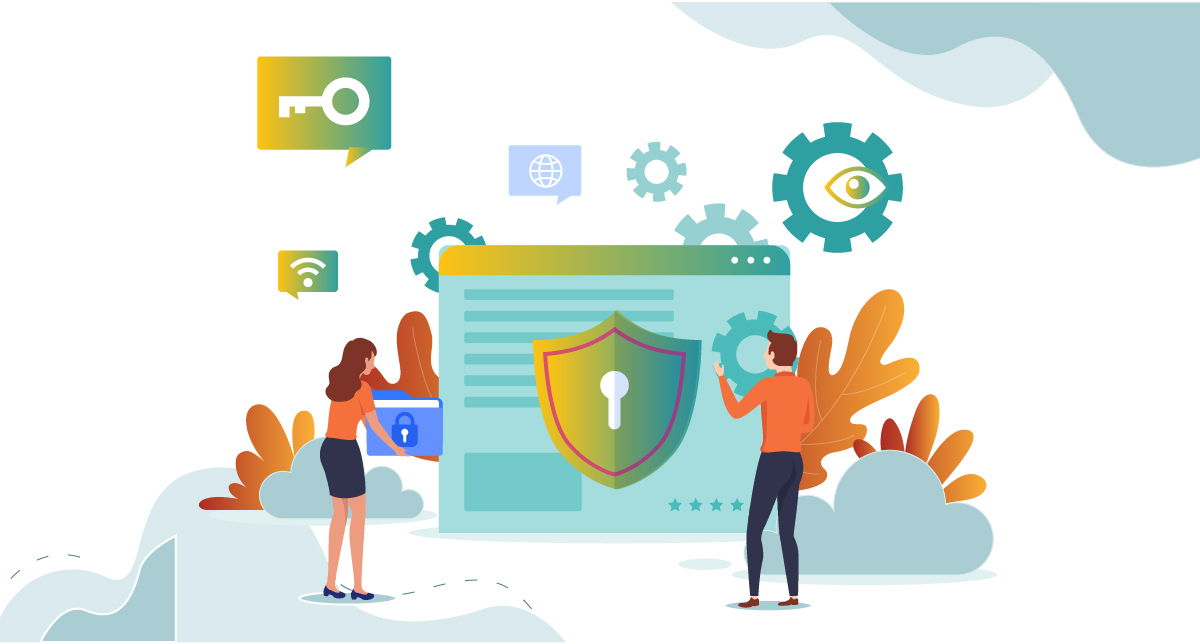Never before has the Health Insurance Portability and Accountability Act (HIPAA) been more important. Staying compliant with HIPAA regulations is essential to safeguarding patient personal data.
Fortunately, we’ve put together the ultimate guide to HIPAA compliance for healthcare providers, hospitals and insurance companies.
A fine due to data non-compliance ought to be avoided at all costs. Aside from the financial consequences, a compliance violation also has a significant negative impact on an organization’s reputation. In this guide you will understand everything about HIPAA compliance and securing patient data.
Understanding the Ins and Outs of HIPAA Compliance
HIPAA is the framework of regulations that healthcare organizations and covered entities must abide by in order to safeguard Protected Health Information (PHI) as recommended by the Health Insurance Portability and Accountability Act. Simply put, it is ensuring data privacy and protection of sensitive data.
- Protected Health Information (PHI) refers to the healthcare data HIPAA seeks to safeguard.
- Covered Entities are those who can access PHI like insurance companies, doctors and nurses.
- Business Associates are those who collaborate with covered entities outside of healthcare. They too are in charge of maintaining HIPAA compliance. Examples include IT executives, administrators, accountants and lawyers. These individuals work closely with healthcare and have access to PHI.
Everything You Need to Know About HIPAA Compliance in 2021
Seeing as you are now familiar with PHI and who is involved in HIPAA compliance, let’s take a look at some of the other aspects of this key healthcare regulation.
1. Understand the Role of COVID in Maintaining HIPAA Compliance
Due to COVID-19, HIPPA compliance and the healthcare sector will never be the same. Considering the role of COVID-19 while planning for compliance, cybersecurity and physical safety.
Working remotely has led to the handling of PHI across multiple locations. In 2021, this led to the US Department of Health and Human Services (HHS) CSC temporarily suspending HIPPA fines. This is not a permanent fixture and caution must be exercised while handling remotely accessed PHI. Clear device delegation can eliminate any confusion in terms of PHI permissions.
Looking for other ways to tighten PHI security is critical. Multi-factor authentication and biometrics can add an extra layer of protection to PHI. Simultaneously training staff on remote working best practices can eliminate chances of data mishandling.
2. Keep Yourself Abreast of Potential HIPAA Modifications
HIPPA compliance is dynamic in nature. Security measures are one half of what you can to do to stay data compliant. Staying alert for any changes in HIPAA compliance is also necessary. 2021 is likely to see a number of modifications so be prepared for change.
HIPAA has remained the same for 7 years and the HHS CSC is now looking to renew policies. These alterations can be accessed on the HHS CSC Newsroom or HIPAA Journal Website.
A few highlights include:
- Broadening the scope of healthcare to encompass case oversight and cover care administration.
- Accelerating time taken to grant PHI access from 30 to 15 days.
- Mandating the display of fee schedule approximation on websites for PHI access and disclosures.
- Permitting patients to personally examine, photograph and note down PHI.
Current HIPAA compliance does not mean you are exempt from liability in the future. Staying on the constant lookout for updates can help maintain long term compliance.
3. Safeguard the Correct Categories of Patient Information
Knowing what information you should be protecting is an important part of HIPAA compliance. According to the HIPAA Privacy Rule PHI is “individually identifiable health information.” Meaning it could be a verbal or electronic communication, paper document or media format.
The law goes on to cover a patient’s entire health history including payment information or healthcare provided by which the patient can be identified.
This entails:
- Unique identifications or account numbers
- Fingerprints and voice recordings
- Photographs and digital images
- Medical record numbers
- Social security numbers
- Contact information – phone number, address and email
- Dates regarding – birth, death and treatment schedules
- Names
Data compliance can be achieved for a sustained period of time with diligence, care and foresight. Understanding the rules is the first step. Following up with precautionary measures can bolster your HIPAA compliance.
In part 2 of this blog series, we’ll explore more about implementing HIPAA compliance for your hospital, insurance agency or healthcare facility.
If you’re interested in fortifying data compliance for your organization, ComplyD would be glad to help. Leverage our SAP-native data discovery and compliance enablement tool. Enjoy comprehensive visibility through a user-friendly, unified dashboard with analytics. You’ll be able to take pro-actively take steps to meet any compliance regulations for ANY industry or geography. Our scientific, robust DASH approach discovers vulnerabilities and secures and hardens your perimeter to meet compliance regulations and avoid regulations. If you’d like a taste of compliance simplified for your entire enterprise, please request a demo.




